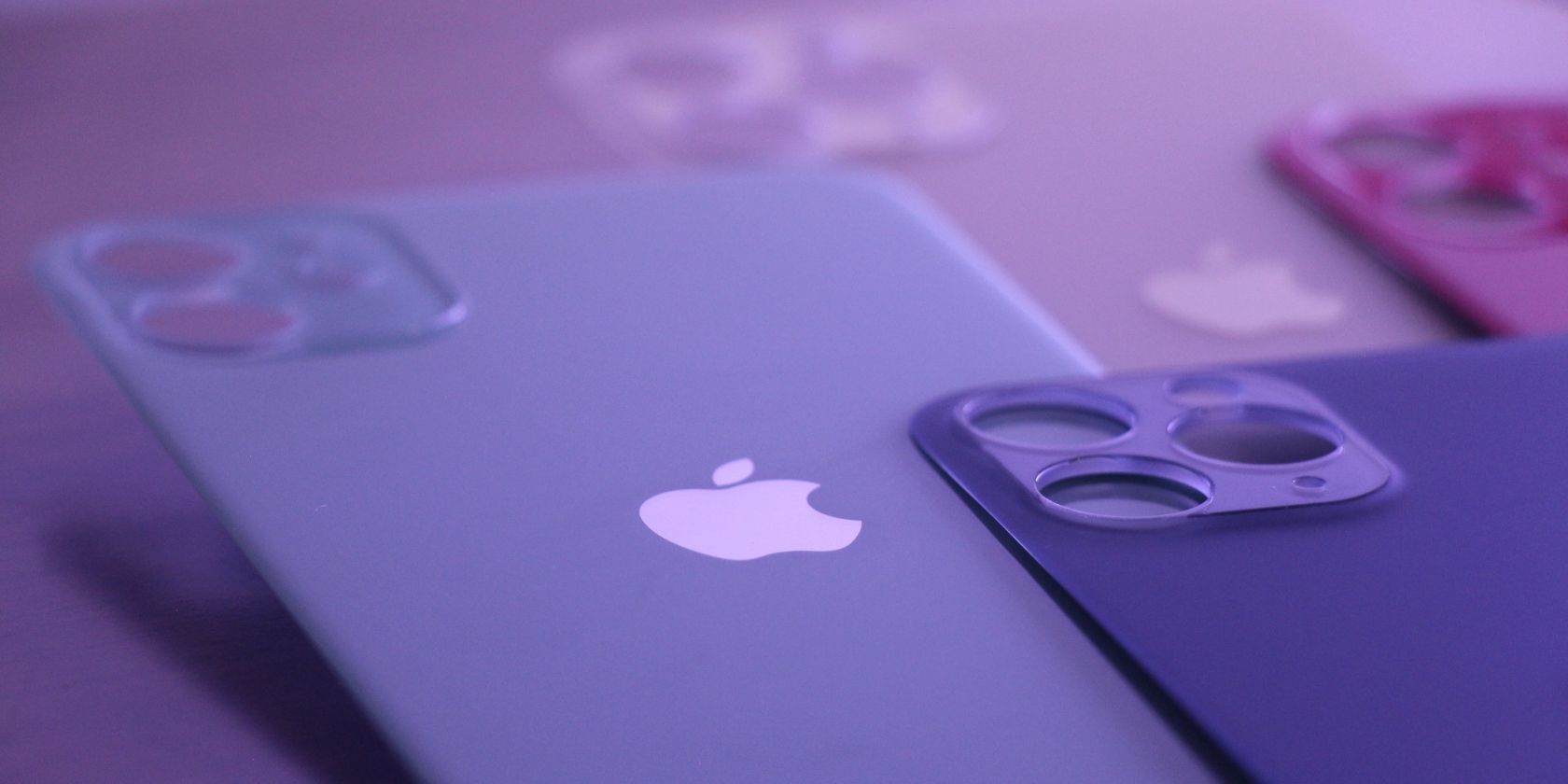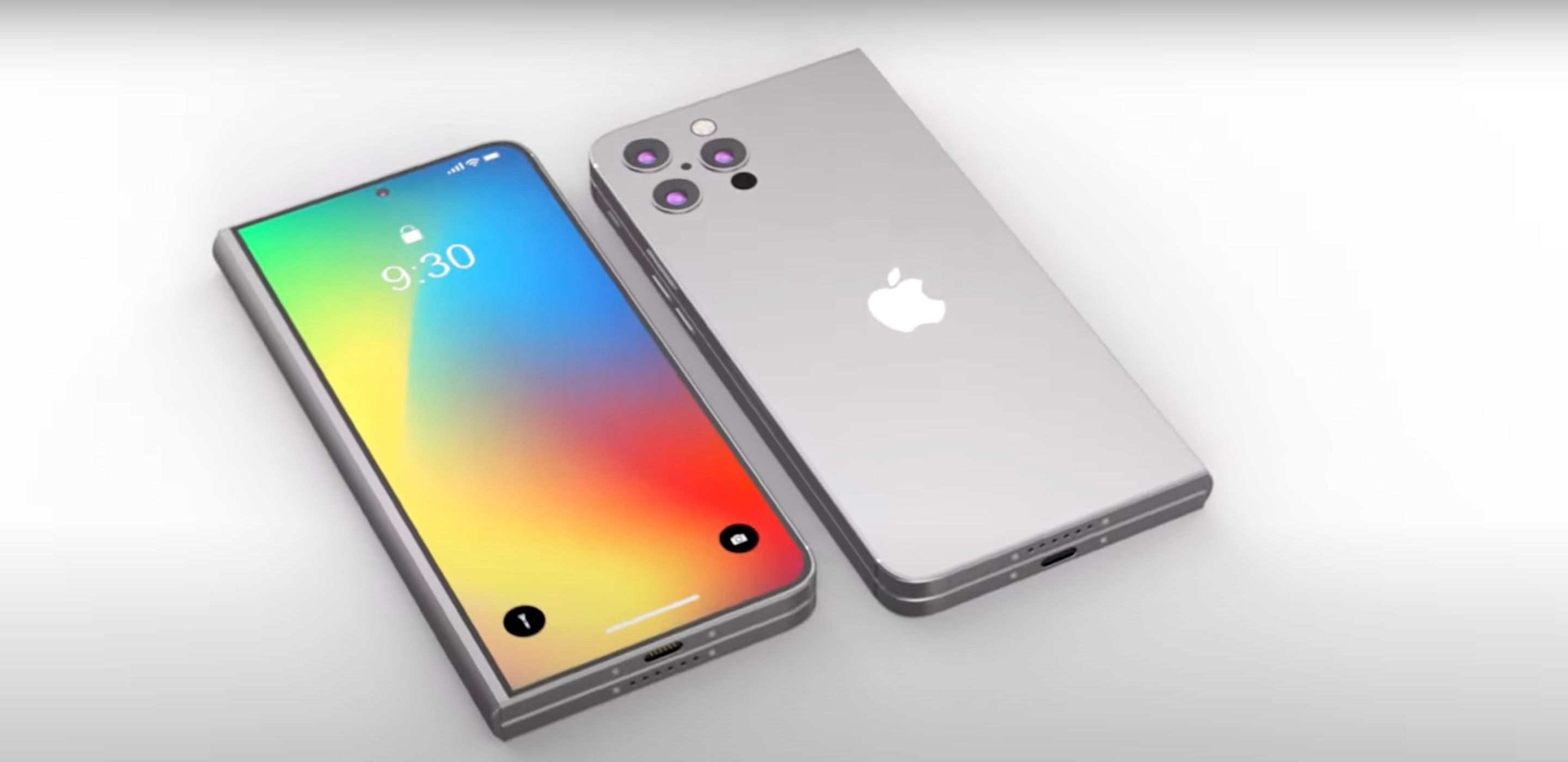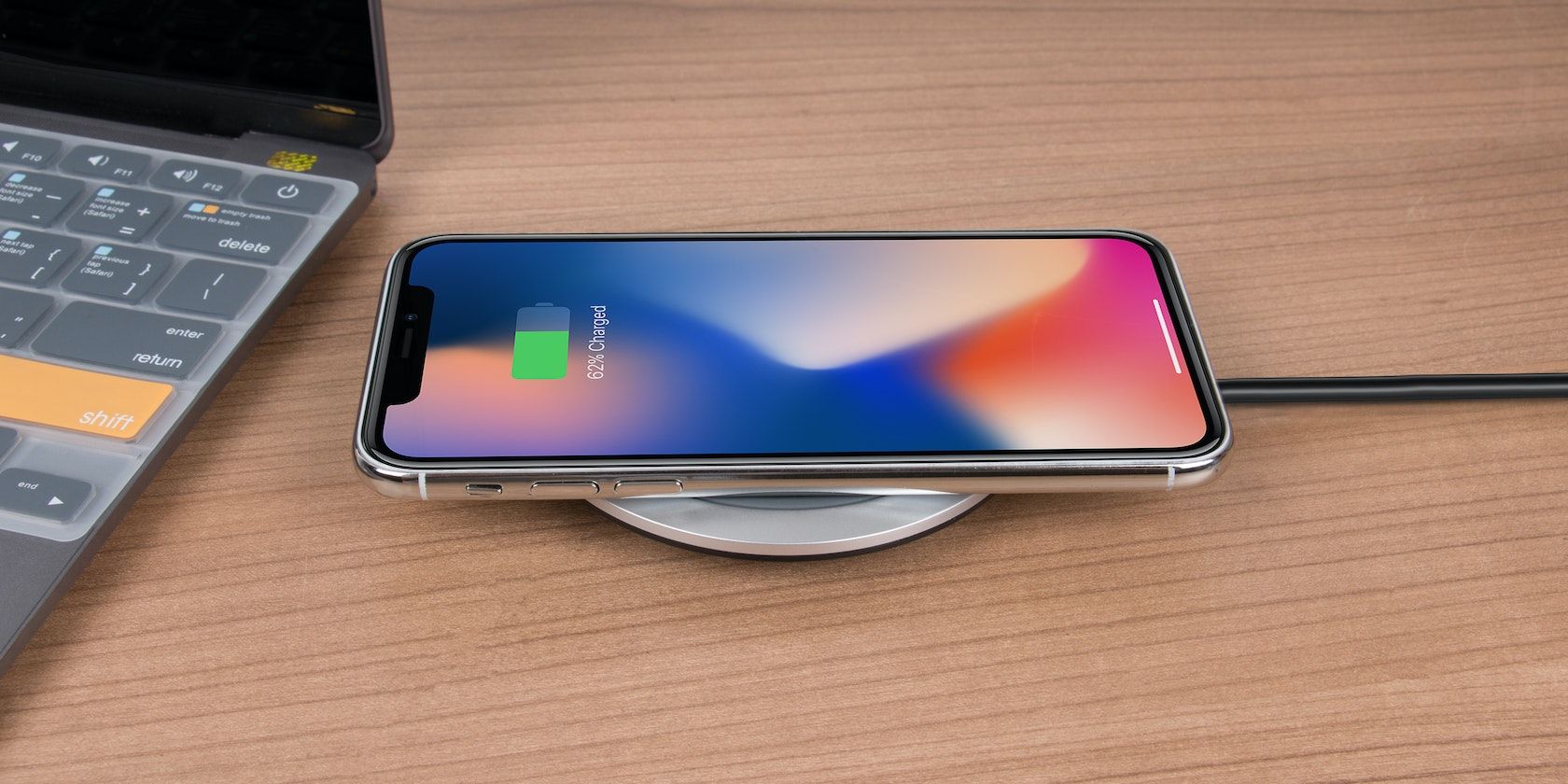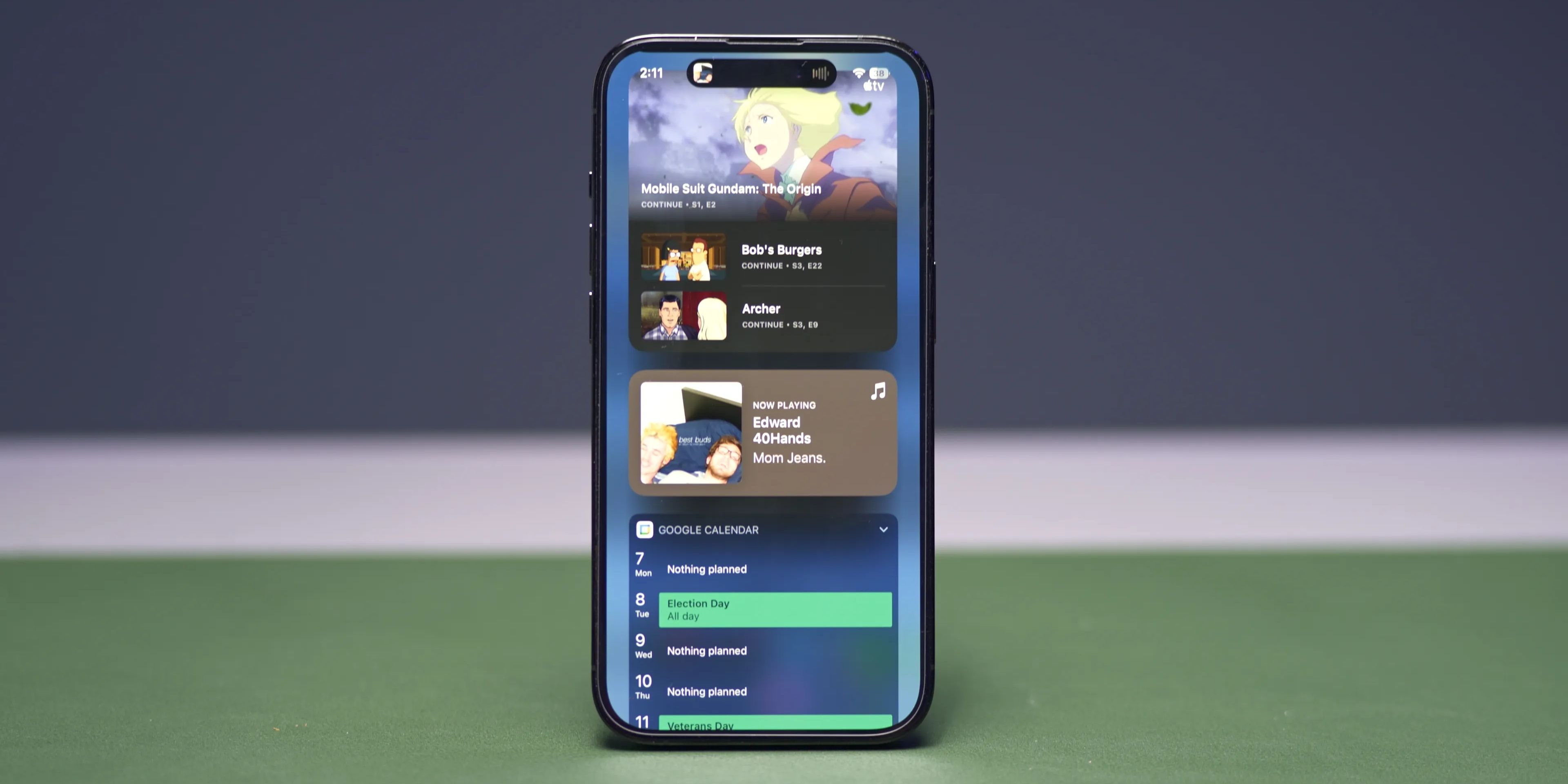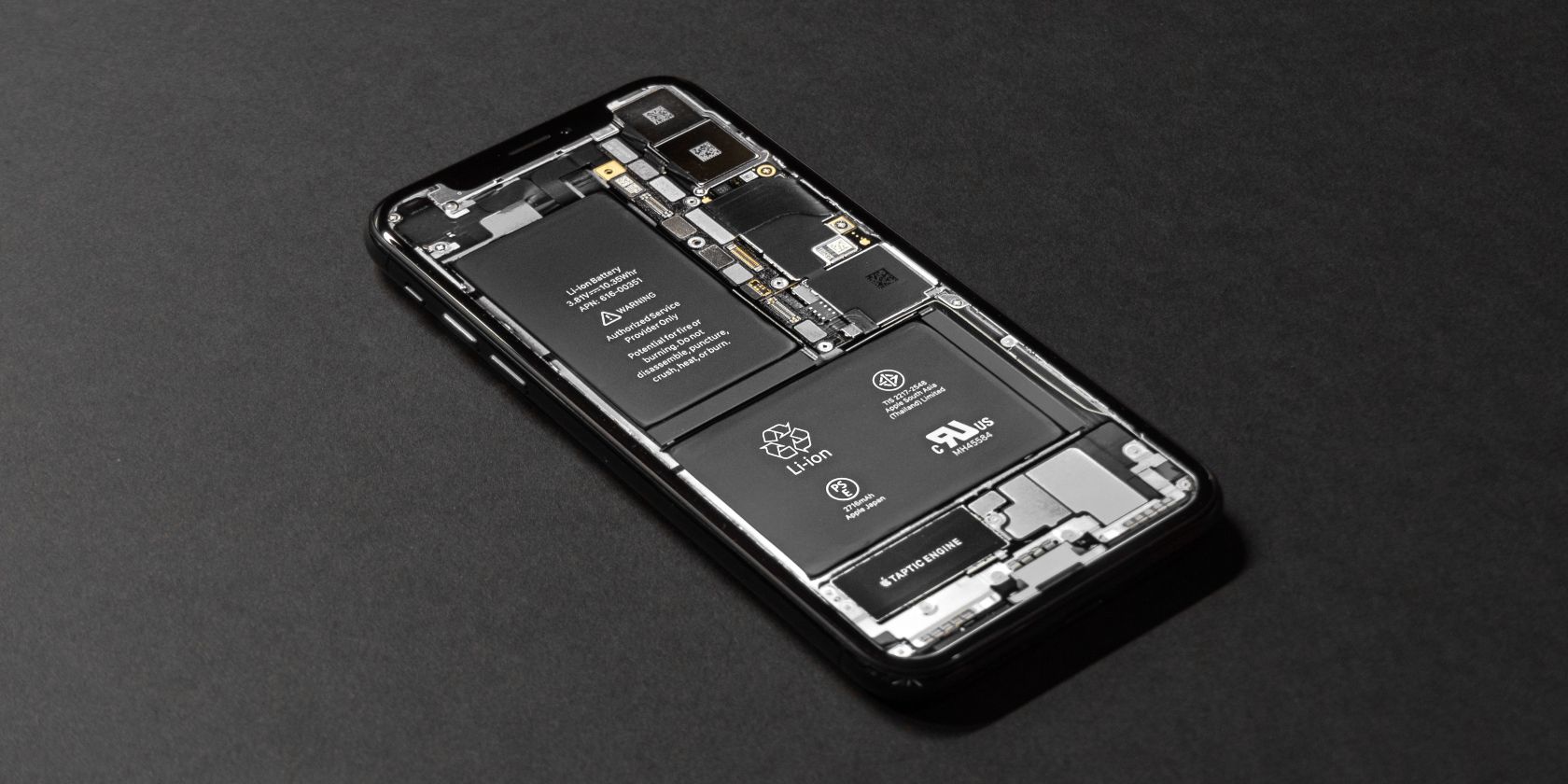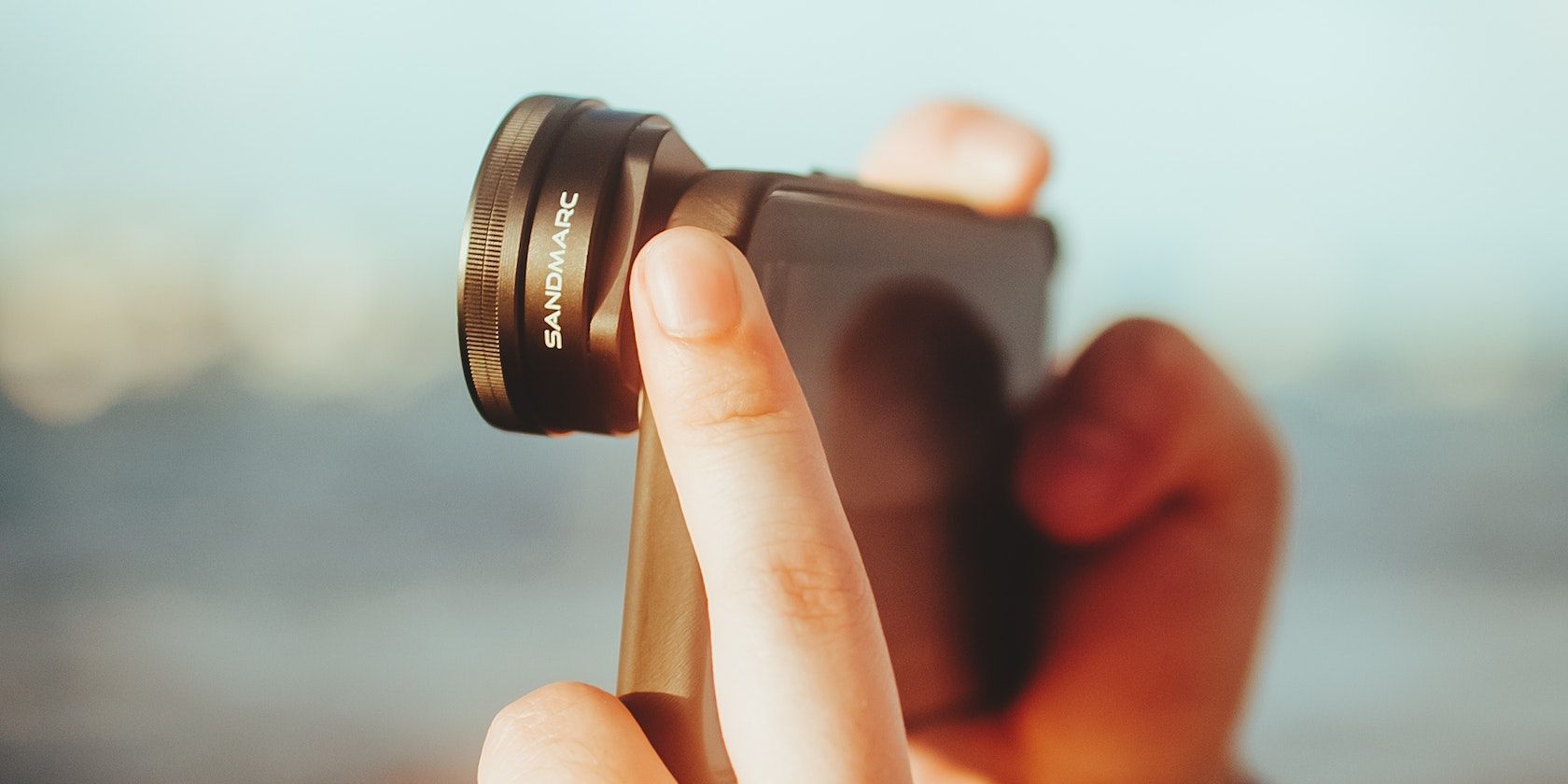As far as phones go, the iPhone has held its spot as a definitive and reliable phone over the decades. Its popularity seems only to increase, and it has even converted some of the most loyal Android lovers.
However, while it may be close, the iPhone isn't perfect. There are still some features Apple could add to improve it. While some of these things are software-related, others are hardware features. Here, we'll suggest some of those hardware features Apple should incorporate in its future iPhones.
1. Titanium Build Option
Modern iPhones are made of aluminum or stainless steel, making them excellent in terms of build quality. But Apple could take its next flagship iPhone a notch higher by releasing a titanium build option.
Yes, titanium is more expensive than aluminum, but it's lighter, more durable, scratch-resistant, and less corrosion-prone. Furthermore, titanium has a nice look that could make higher-end iPhones feel even more premium.
Besides, this option doesn't have to be available on all the iPhones; it could be something Apple could add to an "iPhone Ultra," just like it did with the Apple Watch Ultra.
2. Foldable iPhone Line
Apple can literally add some flexibility to iPhone buyers by releasing a foldable iPhone line. Whether it comes in a flip-style or fold-style is immaterial; knowing Apple, it's sure enough to compete with any of Samsung's foldables.
A foldable iPhone can bridge the gap between an iPhone and an iPad without stealing the functionality of either. Even better, if it also supports the Apple Pencil, it will be a good backup for creatives and students.
We've already compiled a list of features we'd love to see in a foldable iPhone. Fortunately, there are rumors that Apple will release foldable iPhones soon; let's hope they listen to us when adding features.
3. Faster Wireless Charging
The iPhone's Magsafe wireless charging technology could be a convenient solution to charging if you use one wireless charger for your iPhone and AirPods. However, it's also painfully slower than just using a cable.
It's slower because it's less efficient and has hardware and heat limitations. But if Apple can hone its craft a little bit by improving the charging coil hardware, wireless charging could be almost as fast as wired charging.
4. New and Improved Touch ID
The last iPhone with a Touch ID sensor was the iPhone SE (3rd gen) which Apple released in 2022. However, the Touch ID hardware in it is pretty much the same as the iPhone 8.
While Face ID is convenient, Touch ID is arguably the better option for security, as discussed in our debate on Face ID vs. Touch ID.
Therefore, we'd like Apple to bring back Touch ID but improve it so that it's faster and more accurate than it used to be. Considering the iPad Air already has a side-mounted Touch ID sensor, it shouldn't be hard for Apple to incorporate it into the iPhone.
5. 144Hz Display Refresh Rate
Refresh rates are how quickly your screen updates the image on the screen, typically measured in Hertz (Hz). Higher refresh rates mean less eye fatigue and quicker images on your phone's screen. The iPhone 14 already has an adaptive 120Hz ProMotion display, which is pretty good for a flagship phone.
However, times are changing, and there are more and more Android phones with 144Hz displays these days. So, it's time for Apple to keep up with the competition.
A 144Hz display will make the iPhone a competitive choice when choosing a phone for gaming—even though a better display might come at the cost of battery performance.
6. Bigger Batteries
iPhones aren't particularly known for having the best batteries. However, the iPhone 14 Pro Max and iPhone 14 Plus models have class-leading battery life because they can fit bigger batteries.
Apple can make this a staple across the entire lineup and make battery reliability a trademark feature for the iPhone.
Of course, this means bigger iPhones or shrinking other hardware features. Apple could rearrange the internals to prioritize battery size, especially now that iPhones are transitioning to eSIM technology.
7. 8K Video Recording
There are currently no iPhones with 8K video recording capabilities. This is a little surprising for a phone line that's very popular for its photography and videography capabilities.
When you also consider that Apple's biggest competitor, Samsung, offers 8K video recording capabilities on the S20, S21, S22, and S23 series, you might begin to see the urgency and wonder why Apple is taking so long to do it already.
Better video resolutions would mean better images on your iPhone, and it will tip the scale more in favor of the iPhone for videomakers and image enthusiasts.
8. Better Cooling
iPhones primarily cool down by throttling. This means you'll notice lower performance as the iPhone tries to dissipate heat through its chassis. When it reaches an optimum temperature, the phone stops throttling and allows normal use. In rare cases, your iPhone might just shut you out until it cools down.
Also, some users have noticed that the screen dims to aid the cooling process—especially when people play heavy games like Civilization VI and Genshin Impact. Unlike some Android flagships that prioritize gaming, iPhones don't feature vapor chamber cooling.
Apple can figure out a better way to spread the heat around the phone with a high-quality thermal paste or introduce some kind of vapor chamber cooling to sustain its performance under intense workloads.
Building the Ultimate iPhone for the Future
We know that many of the features here will definitely drive up the cost of the iPhone. However, some of these can be released in a higher-end iPhone so that power users who need these features can get them at a premium price.
Implementing these features will place the iPhone ahead of its competition, establishing it as the obvious choice in terms of hardware superiority. Perhaps that could even end the argument of which is better between the iPhone and Samsung Galaxy flagships.

